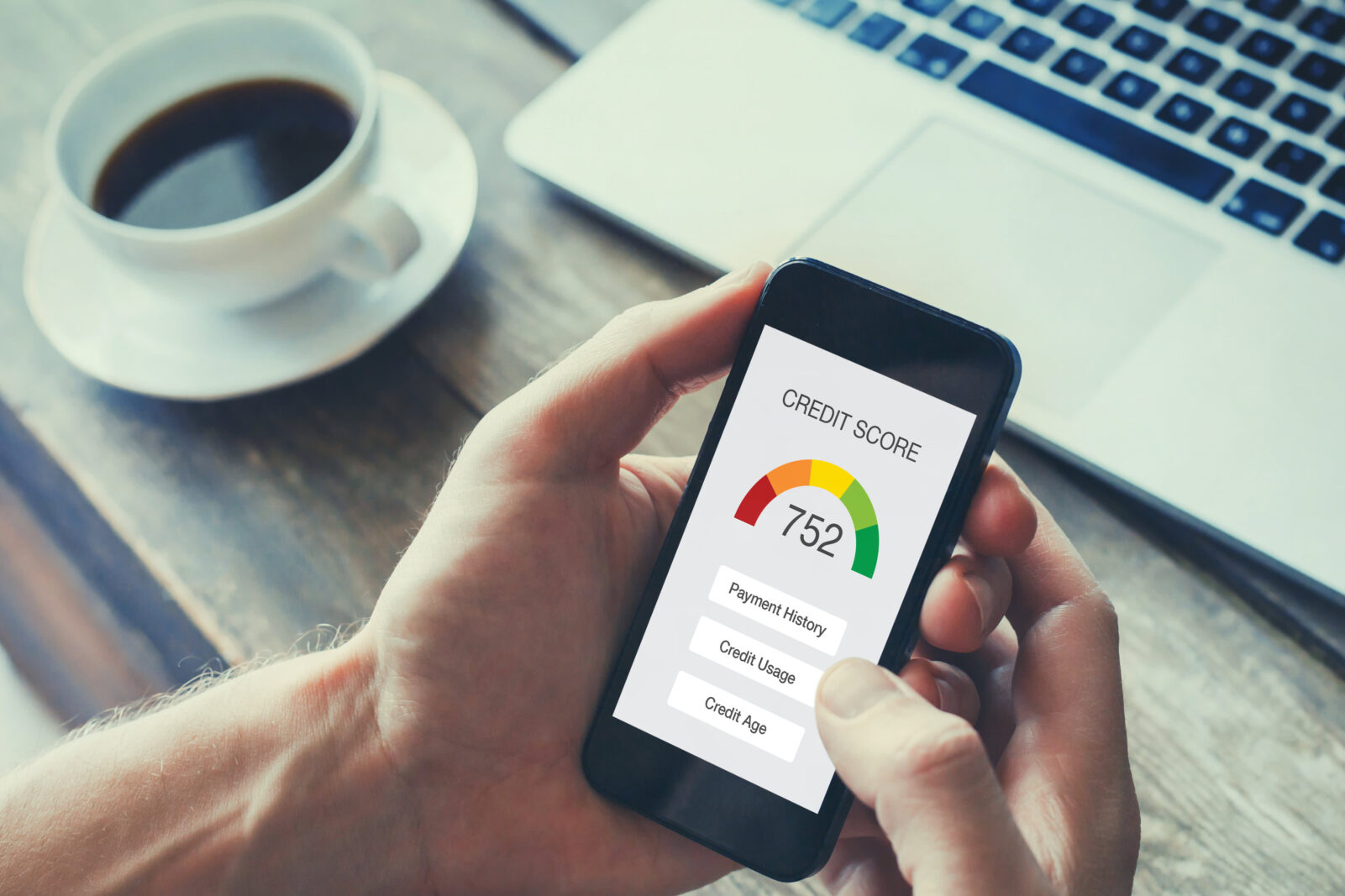A bad credit score limits your financial capabilities. The main consequence is that you can have trouble getting a loan for your house or other things. Although there are lenders who offer bad credit car finance, the interest rate would be higher than usual.
The Fair Isaac Corporation (FICO) initially created the credit score system. Each individual is graded from 300 to 850 based on different factors. A high score means lenders can trust that you will make payments.
The FICO system was eventually adopted by the different financial institutions across the country. Your score impacts the decision of any lender whether to give you money or not. The score can also influence the terms of the loan.
There are a variety of things that can lower your credit score, such as:
- Not paying your loan on time
- Canceling your credit card is a bad sign for financial lenders
- Applying for too many credit cards or loans in a short amount of time
- Defaulting on a loan
- Not using a new credit card
- Forgetting to check your credit reports
A low credit score does not have to stay that way forever. There are things you can do to improve it.
1. Errors in Your Credit Report
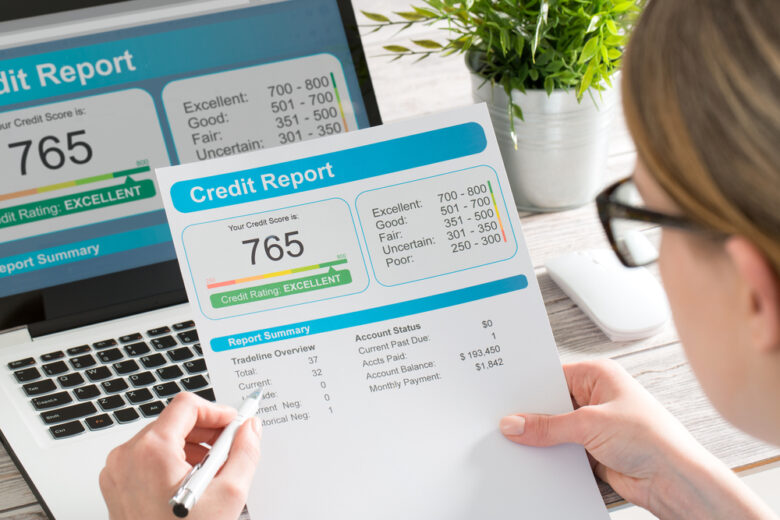
One of the fastest ways to improve your credit rating is looking for potential errors, according to Motor1.com. Download your report to check the information there. You can do this by visiting the website of any major credit bureaus: Equifax, Experian, and TransUnion.
Look for incorrect entries in the report. Common errors found can include:
- Closed credit accounts still shown as open
- The same loan entered multiple times
- Incorrect balance
- Paid debt showing as unpaid
By disputing the irregularities in your report, you can turn your score around quickly. You can do this by writing a letter to the reporting agency. If you need a template on how to write the dispute, you can visit the Federal Trade Commission.
Make this your first step in fixing your credit score. The corrections and the effect can be surprising.
2. Manage Your Credit Utilization Ratio
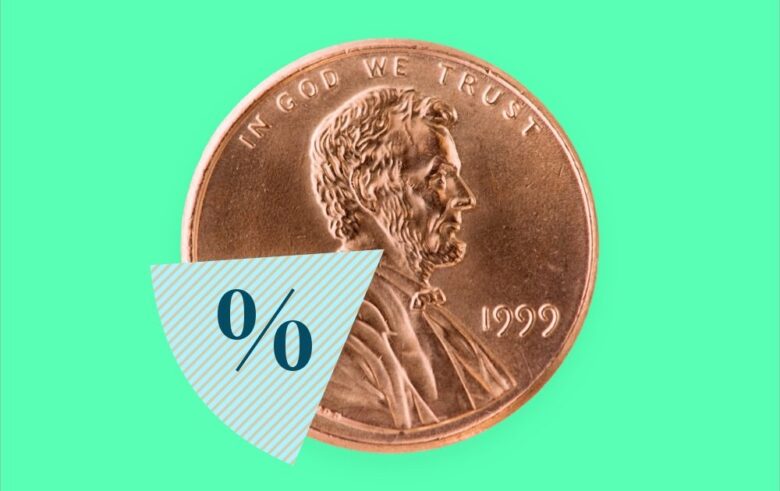
To calculate your utilization ratio, divide the total debt you owe by your available credit. For example, if you owe $1,200 and your available credit is $5,000, your utilization ratio is 24%.
The utilization ratio has one of the largest impacts on your credit score. A lower ratio generally means a better credit score.
Compute your utilization ratio and if it is above 30%, work to lower it. The ultimate goal is to get it at 10% or less. You can do this by paying your outstanding balances and stopping taking in more credit.
Another tactic is asking to raise your credit card limit. That can affect your utilization ratio and credit score.
3. Debt Consolidation
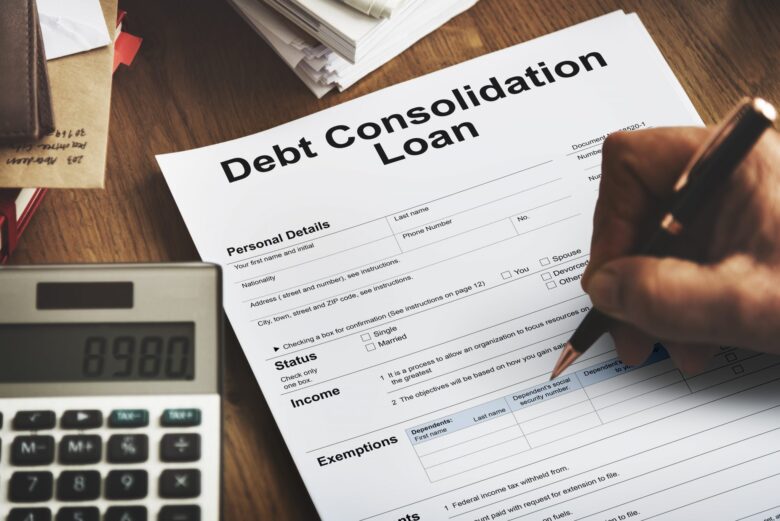
If you have significantly high debt, you can consider consolidating it instead. The idea is to put everything you owe into one place. That usually leads to lower interest rates and monthly payments that will make it more manageable.
What you will do is ask a lender to pay off your loans. That simplifies everything since you only need to deal with one company.
Every lender has its requirements when it comes to debt consolidation. Your credit score comes into play here again. Big companies tend to require a score of over 600.
Some lenders offer the service even for people with bad credit scores. The trade-off is higher interest rates and other terms.
Even with a higher interest rate, consolidating your debt can mean lower monthly payments. Make sure to do your computation before signing up.
4. Authorized User on a Different Credit Card
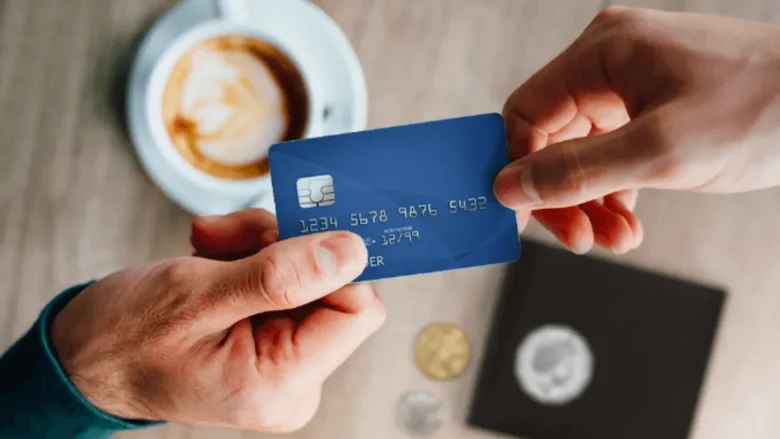
An authorized user means adding your name to a credit card owned by another person. They can use the account as if it is their own. However, they are not responsible for the debt accumulated.
Because the utilization and payment history are shared, that can improve your credit score over time.
All the risk is on the original account holder. You need to find someone who you share a mutual trust with.
5. Improve Your Financial Habits

The best way to fix your credit score is to improve your spending habits. Stop taking on too much debt. You can change your lifestyle to avoid expensive purchases. Pay for what you need and stop being excessive.
People often get into financial trouble because they are not careful with their money. They use credit cards recklessly without thinking if they can afford them or not.
Avoid inquiring about new credit cards. Too much in a short time can decrease your credit score. Stick to what you have and can control.
One of the best ways to control your spending is to create a ledger. One side shows your income, and the other side shows your required spending. That includes your rent, mortgage, debt payments, food, gas, and other utilities.
Find areas where you can cut down on the expenses. If you are spending too much on food, consider what you can remove to lower the cost. Cut subscriptions you seldom use, like streaming services. Anything that is not necessary should be removed.
The goal is to have a higher income than your expenditure. That way, you can increase payments to your debt.
Paying your bills on time has a positive effect on your credit score. Set a reminder on your phone about your due dates. That way, you do not miss another payment again. Auto debit services are also available for this purpose.
Conclusion
You can fix bad credit scores. Some companies offer repair services in case you are in a dire situation.
The important thing is you do not lose hope. It is possible to get out of this eventually. It takes time to see results, but it will be worth it.
Take the time to create a strategy on how you will fix your credit score based on what is available to you. Make sure to stick to the plan and be patient. Soon enough, you will see improvements in your credit score.


